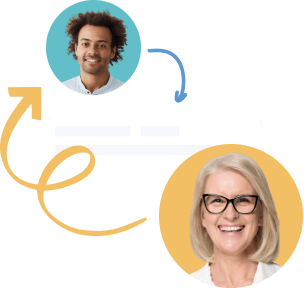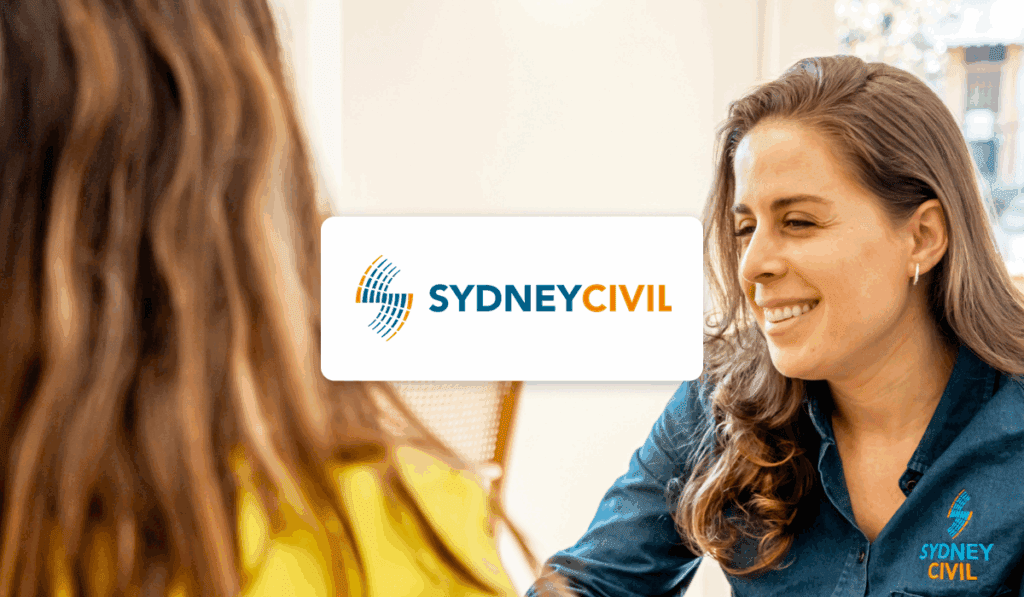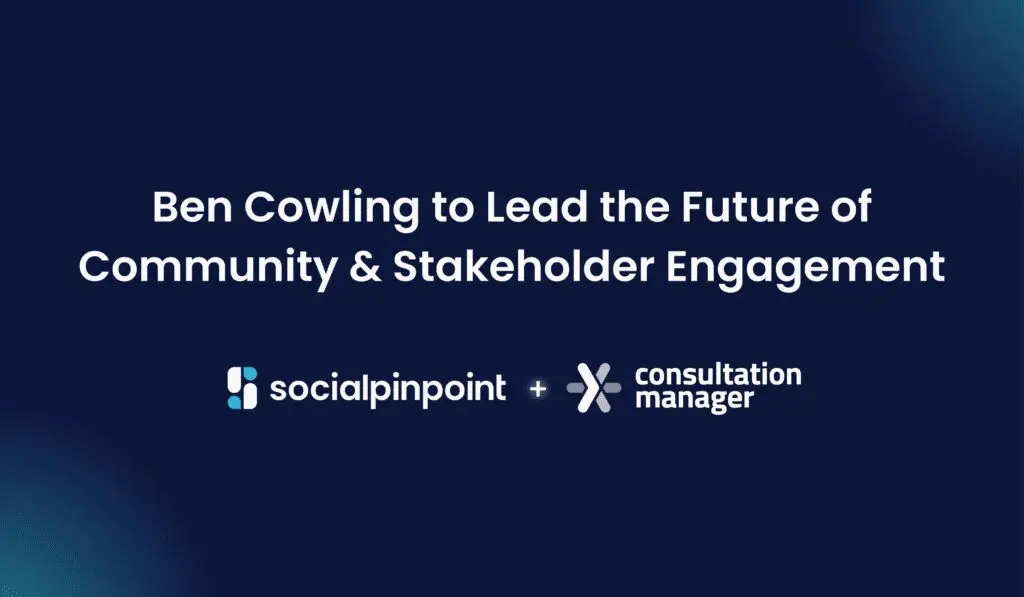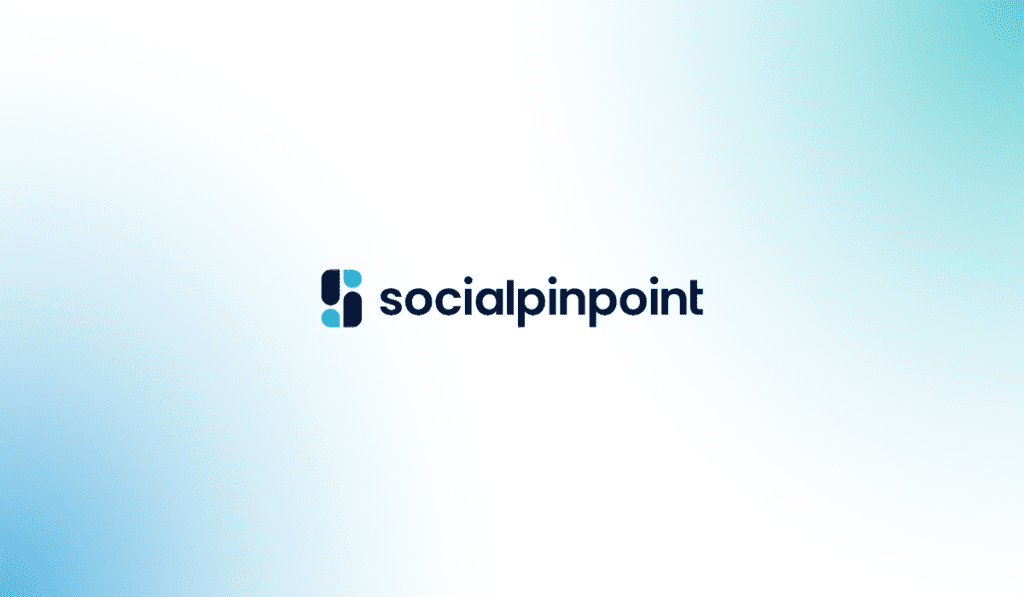As the dust settles and more details emerge about the Cambridge Analytica/Facebook data privacy scandal, organizations all around the globe are reviewing their data collection and privacy policies. While many users have tightened their security and privacy settings in the wake of the announcements, there are still large numbers of the public who are unaware that their data (and in some cases their friends’ data as well) is being used without their knowledge.
Along with many data-driven sectors, community engagement professionals need to grapple with the question of how to ethically and transparently collect data from an increasingly privacy-concerned public? It’s an important question, and should be considered as soon as you decide to use digital engagement tools in the engagement project. We’ve come up with 7 lessons that stakeholder engagement and community consultation professionals should be aware of when it comes to social media and data privacy.
1. There are real risks for your stakeholders’ privacy.
If you plan to use social media as a tool for gathering and monitoring feedback you need to be aware of the vulnerabilities. The Cambridge Analytica case highlights the risks of relying on social media platforms as a two-way communication channel – in this space data is a commodity, and the platform (Facebook, LinkedIn etc.) does not share your goals and priorities. Dedicated online engagement tools offer a more secure place for these exchanges.
2. There are unscrupulous players out there.
We have seen how legitimate-looking organizations can be conducting dubious campaigns in the shadows. As a result it is more important than ever that any project that asks for user-generated data needs to be transparent and above any suspicion. It isn’t enough to find a use for your data after you have collected it – you need to ensure the public knows exactly what their data is being used for.
3. Users can be easily mislead, and might not know what they are contributing to or giving away.
Community engagement practitioners need to be proactive, and provide stakeholder and the public-at-large with a clear picture of where they fit into the process. Providing easy to understand instructions, and straightforward lists of what negotiables are actually on the table helps to build trust and ensure your stakeholders understand where they fit in.
4. The system can be gamed.
We have seen firsthand how outside influences can manipulate information systems to a serious extent, influencing decisions and policy direction. Community engagement professionals need to remain vigilant, and always scrutinise the data they gather for potential manipulation. Many practitioners have had to do this in the past to help control for over-zealous or vocal minorities – if it looks out of the ordinary, investigate further. Interestingly, these risks can be drastically reduced by having the same conversation in a purpose-built digital space.
5. There is no immediate legal process for dealing with the repercussions of misinformation.
Although most community engagement professionals are already experts at dispelling misinformation, we are normally dealing with localized or smaller-scale scenarios. This means that instances rarely become serious enough to get to court. However, now we have seen the raw potential of misinformation campaigns to use social media for national and even international impact, and have found that our legal processes are not currently equipped to provide remedies. By that stage, that damage is done.
6. That privacy should be “opt-OUT” not “opt-IN”.
All users of a platform should have the basic guarantee that their data is safe, secure, and not used for any other purpose other than the clearly stated one. Recently, we’ve seen how companies and platforms have abused this, and hidden security and privacy setting behind complex menus or buried in Terms and Conditions. All this does is frustrate users and push them away from giving feedback.
7. Users are more connected than ever before.
Many people were unaware just how much data is generated by our social networks. There are more connections between people and organizations than ever before, and although there is the potential for abuse – like the Cambridge Analytica scandal shows – there is an upside as well. Users are more engaged and interested in connecting than ever before, and this can be an excellent opportunity for community engagement professionals.
It is important to remember that our users are just as concerned about their privacy and data as we are. As people who spend a lot of time and energy starting conversations with the public, we have a responsibility to provide a safe, accessible and above-all secure place for our communities to provide their feedback. Although social media can be an effective tool for disseminating information, we believe the best solution is to take a secure, dedicated approach.












